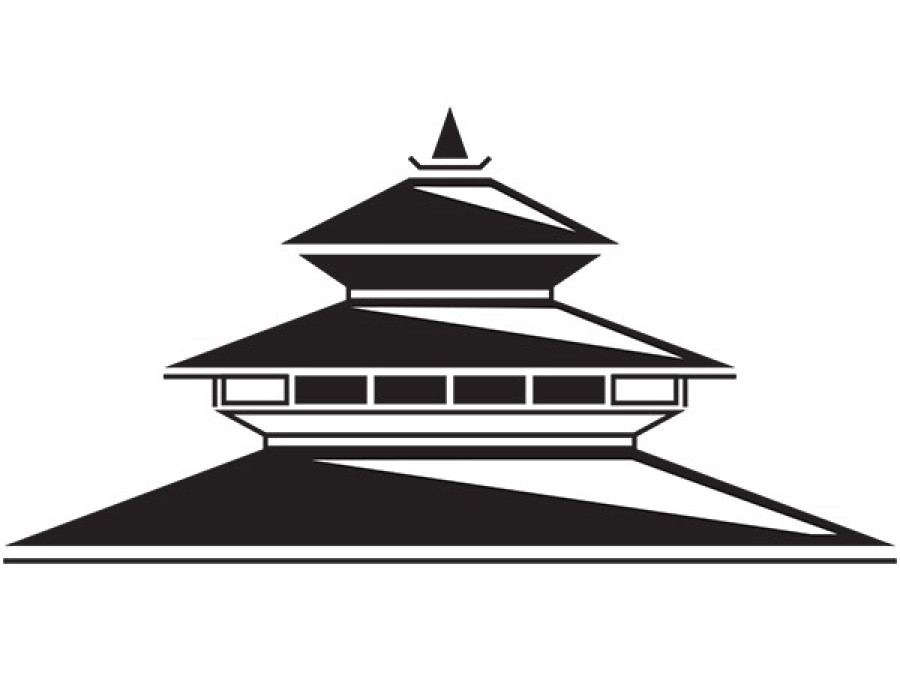Editorial
Towards authoritarianism
When all powers flow to the prime minister, it will undermine the achievements of democracy
Ever since Prime Minister KP Sharma Oli took office in February 2018, there has been a tendency to centralise power in the Prime Minister’s Office. And in yet another display of sheer lust for power, the Bill on Work, Responsibility and Rights of the National Security Council, registered in Parliament last week, includes a provision vesting the power to recommend deployment of the Army in the prime minister without even holding a meeting of the Council. Quite naturally, this has caused an uproar in the media and rightly engendered opposition and criticism.
As power accrues steadily like never before to the prime minister and his inner circle, our achievements in creating a democratic society will be offset by a precipitous slide toward authoritarianism.
Prime Minister Oli has brought scores of government agencies under the Prime Minister’s Office, which many say will not only allow him to have his way in decision-making but also pose a threat to checks and balances. On February 23, the government brought the National Investigation Department, the Department of Revenue Investigation and the Department of Money Laundering Investigation under the Prime Minister’s Office by amending the Nepal Government Business Rules. Meaning, the Prime Minister’s Office will have more say in issues of foreign policy, national security and financial and economic crimes.
A reminder: The current government was elected upon the platforms of transparency, accountability and meritocracy. But ever since the Nepal Communist Party came to power, these highly-vaunted ideals still appear in their lexicon even though they seem to have vanished in practice. Article 267 of the constitution states that the President can declare a mobilisation of the Army as per the decision of the Cabinet upon the Council’s recommendation. But the bill, in its efforts to undo the constitutional provision, seeks to allow the prime minister the authority to recommend military deployment without holding a meeting of the National Security Council. Clearly, the prime minister wants all the levers of power in his office. Nothing could be more dangerous than that, and such acts will put the Army in disarray and undermine democracy.
Security is a sensitive issue. It is not for one person or his small coterie to decide what qualifies or does not qualify as a national crisis and act, or not act, accordingly. Should one person be behind making such decisions, serious miscalculations and biases might factor in which will do more harm than good. The impulse to centralise the authority of the prime minister must be tempered. Otherwise, the constitution’s checks and balances will come tumbling down, and we will have no right to call ourselves a democracy by any means.




 9.6°C Kathmandu
9.6°C Kathmandu














